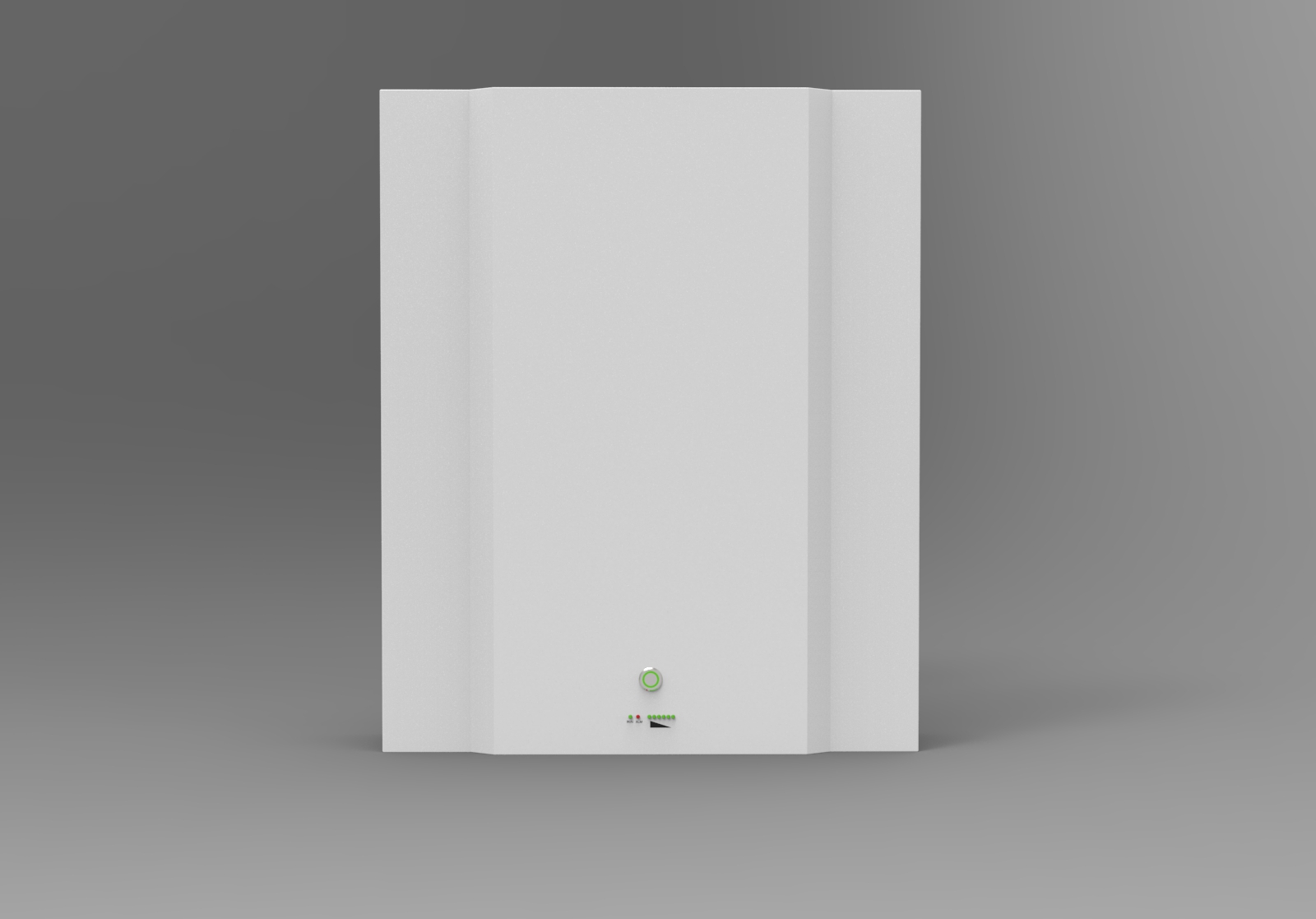権力闘争: リチウム電池寿命 vs アルカリ対決
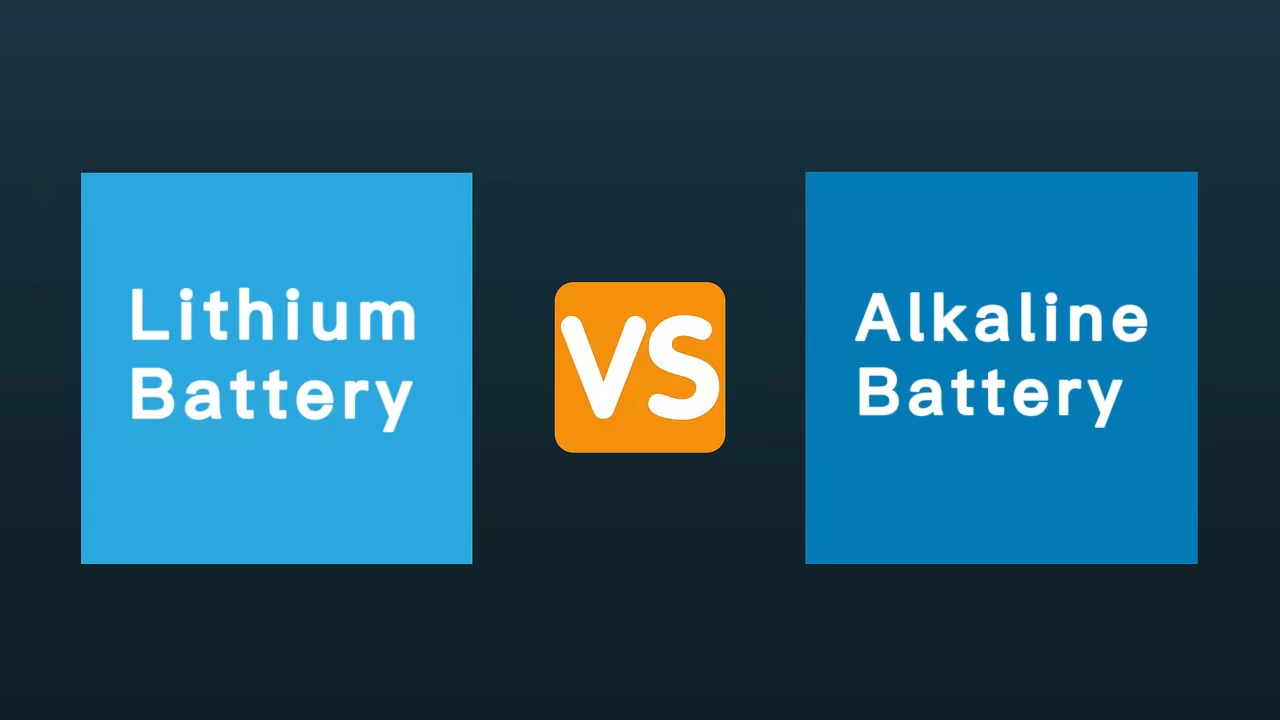
過去 10 年間で、家庭用電化製品に電池を使用することがますます一般的になっています。リチウムイオン電池とアルカリ電池は、一般的に使用されている 2 つの電池技術です。最近の消費者調査では、80% はデバイスの電池寿命を十分に制御できていないと感じていることがわかりました。この記事では、リチウムイオン電池とアルカリ電池の違いについて説明し、それぞれの電池がどのようにしてユーザーがデバイスの寿命をより細かく制御できるようにするかに焦点を当てます。
リチウムイオン (Li-Ion) 電池とアルカリ電池はどちらも、スマートフォン、タブレット、カメラ、ゲーム コントローラーなどの小型電子機器に電力を供給する上で明確な利点があります。 リチウムイオン電池 従来のアルカリ電池よりもエネルギー密度が高く、他のタイプの充電式電池に比べて単位体積または質量あたりの電荷をより多く蓄えることができます。その結果、リチウムイオン技術は、同等の代替品よりも長く充電を保持できるため、消費者向け電子機器でますます人気が高まっています。(詳細はこちら リチウム電池に関する質問!)
それでも リチウム電池には多くの利点があるアルカリ電池にも独自の特徴があります。安価でほとんどの店で入手できるため、充電が不便または非現実的な短期プロジェクトには魅力的な選択肢となります。さらに、これらのセルは、使用していないときの放電率が低いため、同等のリチウムイオン オプションよりも保存期間が長くなります。したがって、頻繁な充電サイクルなしで長持ちするバッテリー電源を必要とするユーザーは、各オプションの長所と短所を理解した上で、ニーズに最適なものを決定することが重要です。
リチウム電池とアルカリ電池の違いは何ですか?
リチウム電池とアルカリ電池の種類
リチウムイオン電池には4種類、アルカリ電池には2種類あります。リチウムイオン(Li-Ion)は最も一般的に使用されているタイプで、多くの電子機器がこの技術を利用して電力を供給しています。エネルギー密度が高く、携帯電話、ノートパソコン、タブレットの電源として最適です。一方、 リチウムポリマー (LiPo)このタイプはリチウムイオンに比べて厚さが薄く、柔軟性を維持しながら容量が大きくなります。
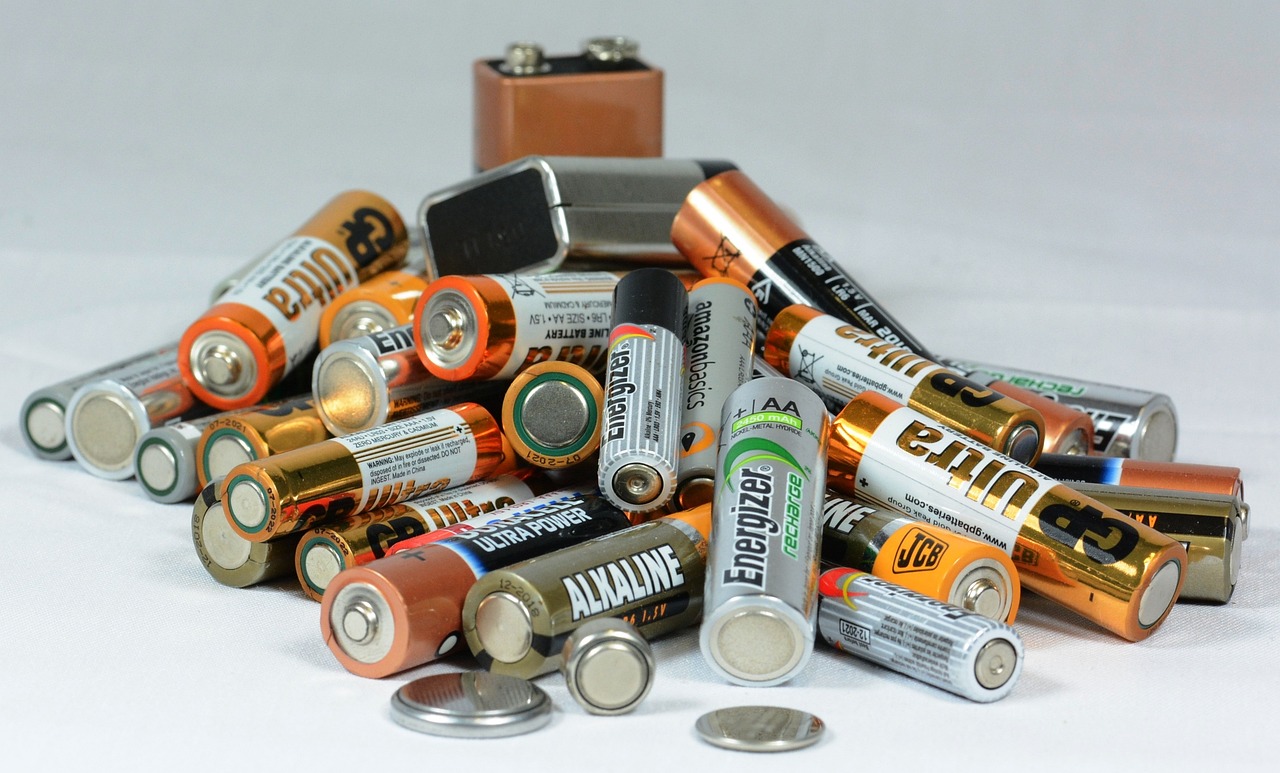
アルカリ電池は、亜鉛と二酸化マンガンの電気化学反応を利用して電気を生成する、使い捨ての単回使用電池です。最も一般的なアルカリ電池はアルカリマンガン (AM) タイプですが、AM よりも長い保存寿命を持つ亜鉛炭素 (ZC) タイプなどのバリエーションもあります。
長所と短所
となると、 リチウム電池 アルカリ電解水とアルカリ電解水には、それぞれにいくつかの重要な利点と欠点があります。簡単に比較してみましょう。
リチウム電池:
+ 保存期間が長くなります。
+ 時間が経っても充電が長持ちします。
+ アルカリ電池よりも軽量です。
- 適切に廃棄しないと危険な場合があります。
- アルカリ電池よりも高価です。
アルカリ電池:
+ 店頭ですぐに入手可能。
+ より低コスト リチウム電池.
- 保存期間が短くなります。
- 長期間保管すると効率が低下します。
| リチウム電池 | アルカリ電池 | |
| 化学薬品 | 李 | 亜鉛、マンガンO2、KOH |
| 容量 | 3800mAh | 2500mAh |
| 貯蔵寿命 | 5~10歳 | 2~3歳 |
| サイクル耐久性 | 500 | 200 |
| エネルギー密度 | 160Wh/kg | 100Wh/kg |
| 内部抵抗 | 低い | 高い |
| 重さ | 軽量 | 重い |
| 動作温度 | -10℃〜+55℃ | -18℃〜+50℃ |
| 料金 | 高価 | 安い |
| 安全性 | 火がつきやすい | 漏れやすい |
| アプリケーション | マイク、おもちゃ、時計、リモコン | デジタルカメラ、医療機器、通信機器 |
関連書籍: リチウムイオン電池は液漏れしますか?
知識のある購入者は選択肢を知っています。各タイプが提供するものを理解することで、アプリケーションの要件にぴったりのバッテリーを手に入れることができます。リチウムを選択するかアルカリを選択するかは、主に個人の好みと予算の制約によって決まりますが、いずれにしても、あらゆる状況に最適なソリューションが必ず見つかります。
リチウム電池とアルカリ電池
(1)効率比較
リチウム電池とアルカリ電池の効率を考える場合、考慮すべき要素が多数あります。 リチウム電池 エネルギー出力と長期寿命の点でアルカリ電池よりも効率的である傾向がある。例えば、単細胞 リチウム リチウム電池は、同等のアルカリ電池の最大 3 倍の電力を供給できます。さらに、リチウム電池の寿命はアルカリ電池よりも一般的に長く、モデルによっては 10 年以上持続するものもあります。比較すると、ほとんどのアルカリ電池の寿命は理想的な条件下で約 2 ~ 3 年です。
リチウム電池は、優れた寿命と出力に加えて、アルカリ電池に比べてさらなる利点も備えています。 リチウム電池はメンテナンスの手間が少ない 他のタイプの充電式電池のように定期的な充電を必要としないため、これらの電池は従来のニッケルカドミウム(NiCd)やニッケル水素(Li)電池などの非充電式電池に比べてはるかに長い期間充電を保持できます。 鉛酸 (PbA)。このため、頻繁に使用する必要があるものの、電力へのアクセスが限られているアプリケーションで特に役立ちます。
(2)容量比較
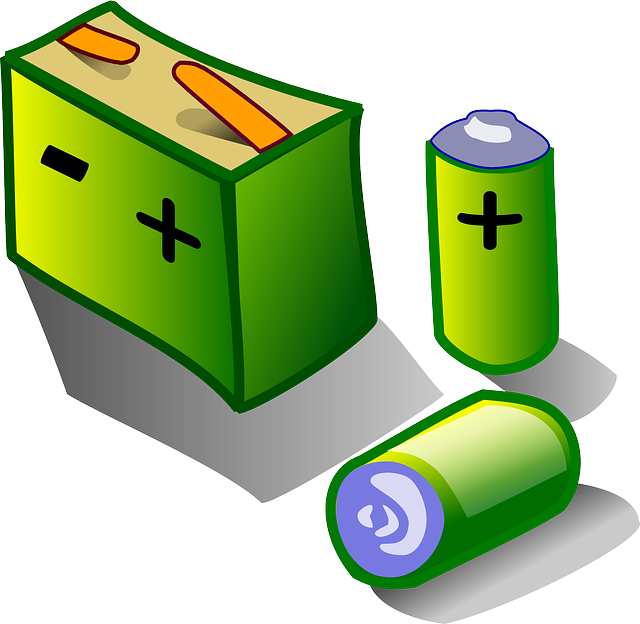
容量の比較に関しては リチウム電池とアルカリ電池リチウム電池の長寿命は明らかな利点です。リチウム電池は従来のアルカリ電池の最大3倍の容量を誇り、ユーザーの電力需要に驚くほど長く対応します。この長寿命により、消費者は標準的なアルカリ電池を使用するデバイスよりも、このタイプのセルで駆動するデバイスを長く使用できます。平均して、 リチウム電池の寿命は2~4倍 従来のアルカリ製品と同様です。
これらの電池タイプの寿命の違いは、主に化学組成と構造の違いによるものです。アルカリ電池は亜鉛と二酸化マンガンで構成され、リチウム電池は金属リチウムまたはリチウムイオン技術を使用しています。どちらの材料も、一般的な電池設計で使用される他の化学物質よりもエネルギー密度が高くなっています。さらに、一部のリチウム電池設計の内部構造は層が多く、アルカリ電池などの単層電池に比べて大量のエネルギーを蓄えることができます。
多くのデバイスが メーカーは、自社製品に大容量のリチウム電池を組み込むことを選択しています。 アルカリ電池などの代替化学物質に比べて寿命が長く、どのような用途でも安定した動作が保証されます。そのため、重要な用途や操作に信頼性の高い電源を必要とする人は、効率と信頼性を最大限に高めるために、アルカリ電池などの従来のオプションではなく、充電式リチウム ソリューションを選択することを検討する必要があります。
(3)充電サイクルの比較

バッテリーの寿命は充電サイクル、つまり再充電できる回数によって決まります。つまり、 リチウム電池とアルカリ電池の容量比較 同様の結果が示される場合もありますが、それぞれの充電サイクルの比較は大幅に異なる可能性があります。
充電時間の点では、リチウム電池はアルカリ電池に比べて効率が良いです。リチウムイオン電池は通常、完全に充電するのに2時間もかからず、1回のフル充電あたり約300~500回の充電サイクルがあります。 ライフサイクルアルカリ性 バッテリーのフル充電には通常約 6 ~ 8 時間かかり、寿命中に充電できる回数は 100 ~ 200 回だけです。そのため、リチウム バッテリーは、優れた充電サイクル効率により寿命が長く、交換回数も少なくなるため、コストパフォーマンスに優れています。
(4)コスト分析
電池のコストは、考慮すべき重要な要素です。 リチウム電池の選択 およびアルカリです。この 2 つを比較するために、電池の種類、単位あたりのコスト、寿命 (時間単位) の 3 つの列を持つ表が作成されました。
| 電池のタイプ | ユニットあたりのコスト | 平均寿命(時間) |
|---|---|---|
| リチウム | $4 | 5 |
| アルカリ性 | $2 | 2 |
この表からわかるように、 リチウム電池 初期費用は高くなりますが、アルカリ電池の 5 倍長持ちします。したがって、最初は高価ですが、寿命が長いため、時間の経過とともに大幅に安くなります。アルカリ電池の代わりにリチウム電池を使用すると、消費者はアルカリ電池を複数セット購入する場合に比べて、平均で約 60% を節約できます。
同じ金額でリチウム電池 1 セットを購入すれば、アルカリ電池 4 セットを使用した場合の 5 倍の電力を供給できます。このためリチウム電池は非常に経済的で、電池予算を最大限に活用したい方にとって最適な選択肢となります。
実用的な観点から見ると、リチウムセルへの投資は、過酷な条件下でも信頼性と性能が向上するなど、いくつかの利点をもたらします。また、ナノテクノロジーやカーボンコーティング技術などの高度な技術を活用することで、メーカーは手頃な価格で優れた出力を提供する軽量かつ耐久性のある製品を生み出すことができます。
全体的に、 リチウム電池とアルカリ電池 使用方法に応じて利点がありますが、コスト効率と寿命を考慮すると、リチウム電池の方がコストパフォーマンスが高いため、多くの用途に適していることは明らかです。バッテリー寿命と価格の分析の観点から見ると、ユーザーに信頼性の高いエネルギー源を提供し、同時にコストを節約できるリチウム駆動ソリューションに勝る選択肢はありません。
(5)温度性能比較

リチウム電池とアルカリ電池の熱性能は、両方の電池の寿命を決定する重要な要素です。温度はリチウムイオン電池の放電速度に影響しますが、アルカリ電池は温度の影響を比較的受けにくいことを理解することが重要です。つまり、暑い夏や寒い冬などの極端な温度にさらされると、リチウム電池の寿命はアルカリ電池に比べて大幅に短くなります。
さまざまな温度下で各タイプのバッテリーがどの程度の性能を発揮するかを評価するには、開回路電圧 (OCV) と内部抵抗 (IR) の両方を測定する必要があります。OCV はセルの 2 つの端子間の電位差を測定し、IR は端子間の特定の電圧降下に必要な電流量を測定します。結果は次のことを示しています。 リチウム電池 テストされたすべての温度において、アルカリ電池よりも OCV 値が一貫して低くなります。ただし、周囲温度が上昇しても内部抵抗はほとんど変化しませんが、アルカリ電池では IR 値が大幅に増加します。
温度耐久性の観点からバッテリーの全体的な性能を評価する場合、いくつかの要素を考慮する必要があります。
- リチウムイオン電池は、通常のアルカリ電池よりも電力密度が高く、外部からの変化に敏感であるため、環境条件の変化に対して敏感です。
- アルカリ電池は、一定の閾値を超えると IR レベルが上昇するにもかかわらず、極度の暑さや寒さに対して優れた耐性を発揮します。
- 寿命とコスト効率を考慮すると、変化する環境条件に関係なく一定の出力レベルが期待される用途にはリチウムイオン技術が適している可能性があります。
- 対照的に、パフォーマンスが顕著に低下することなく長期間にわたって信頼性の高い動作が求められる場合は、代わりに従来のアルカリ性溶液を使用する必要があります。
したがって、リチウム技術とアルカリ技術にはそれぞれの温度性能に関して若干の違いがあるものの、どちらも極端な気象条件に対して完璧な絶縁性を提供するものではなく、特定のアプリケーション要件に応じてトレードオフを行う必要があることがわかります。
(6)賞味期限の比較
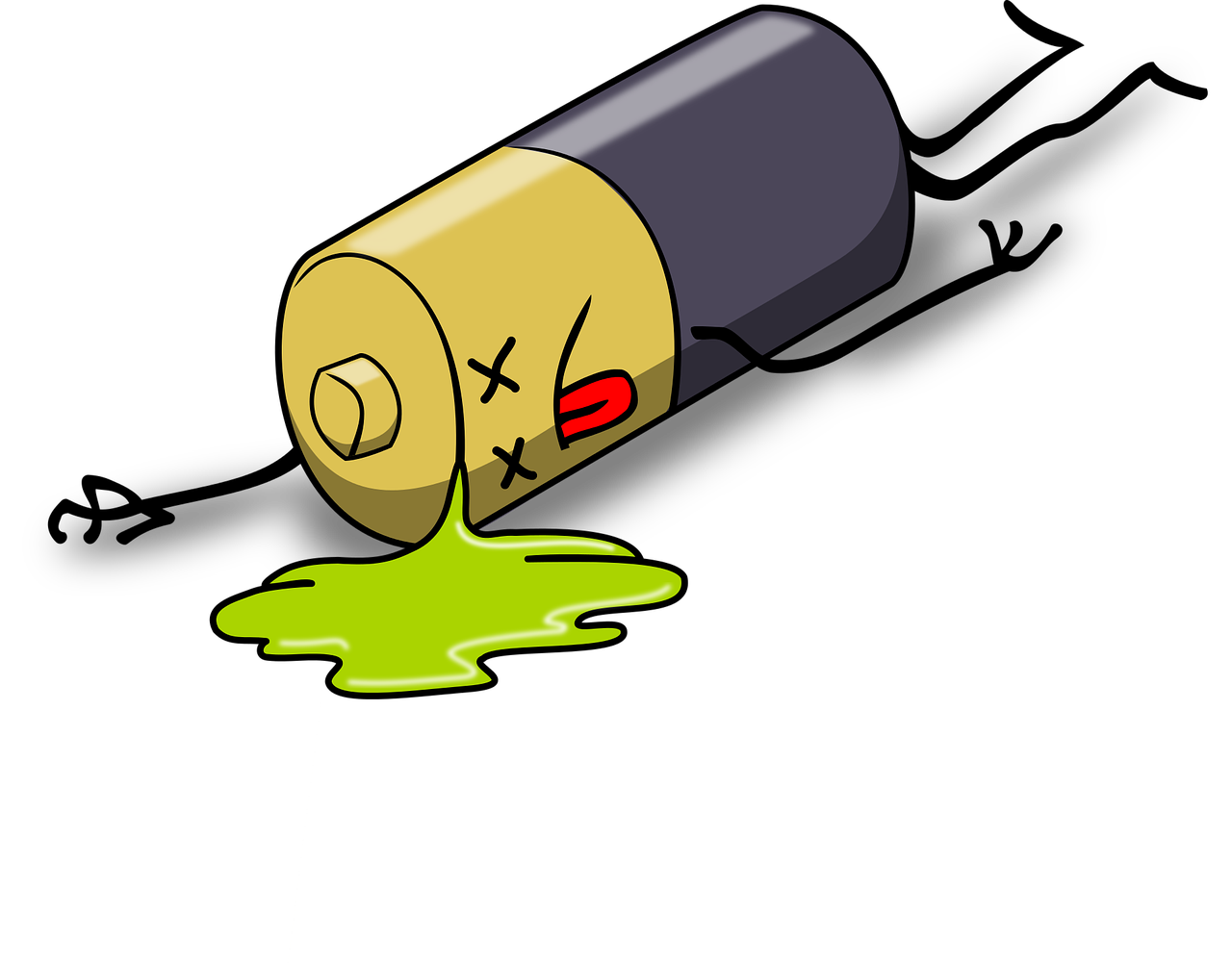
リチウム電池とアルカリ電池は多くの用途で広く使用されていますが、保存期間に関してはどのように比較されるのでしょうか?最近の研究によると、 リチウム電池の寿命 リチウムイオン電池は最長10年もちますが、アルカリ電池は5年程度しか持たないと言われています。これはリチウムベースの製品の寿命の2倍以上という大きな差です。
ただし、リチウム電池を使用する利点は、保管寿命が長いというだけではありません。リチウム電池は、エネルギー密度が高く、優れた性能を発揮するため、電力効率が重要な用途に最適です。アルカリ電池は、主に価格が低いため、低コストまたは大量生産を必要とする用途に適している可能性があります。
では、これは消費者にとって何を意味するのでしょうか?この2種類のバッテリーの違いを知ることで、選択肢を絞り込み、ニーズに最も適したタイプについて賢明な判断を下すことができます。長持ちするメモリ容量と強化された安全機能を備えた リチウム電池 長期的にアルカリ電池に頼るよりも、安心感が得られる可能性があります。最終的には、各タイプがもたらす利点を理解することで、購入時に必要なものを確実に手に入れることができます。
(7)安全上の配慮
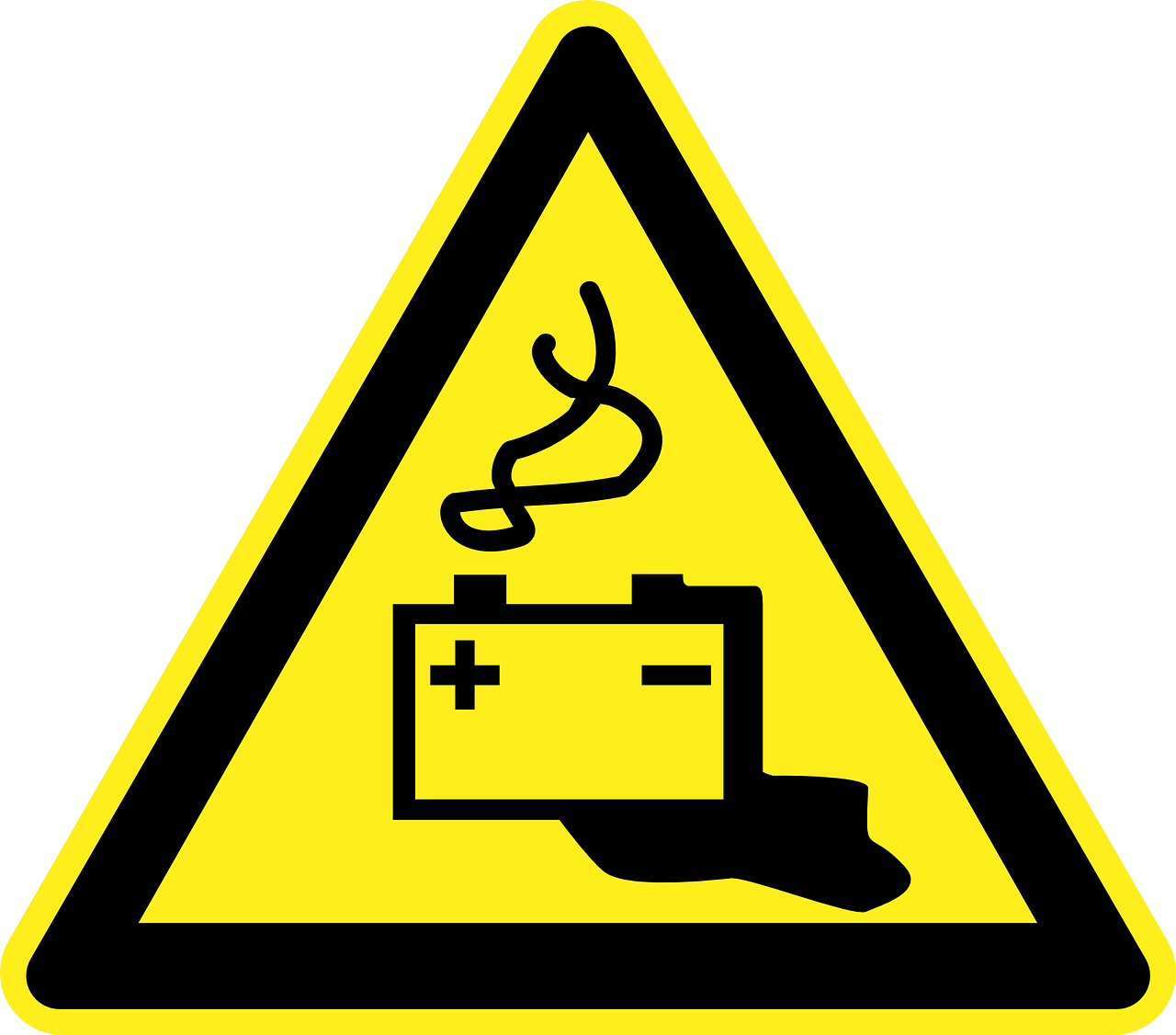
安全性は、電池の種類を選択する際に考慮すべき重要な要素です。リチウム電池とアルカリ電池はどちらも、慎重に検討しなければならないリスクを伴います。
リチウムの安全性に関する懸念としては、過充電による熱暴走の可能性や、 ダメージ またはセルの不適切な取り扱い。さらに、リチウム電池の輸送と保管には一定の安全要件があります。アルカリの安全性の問題は、接点と端子の腐食から生じ、漏電や火災の危険を引き起こす可能性があります。したがって、適切な保管条件を選択することが重要です。 温度 このタイプのバッテリーを使用する場合は、温度と湿度に注意してください。
どちらのタイプのバッテリーを取り扱う場合でも、異なるタイプのバッテリーセルと、鍵、コイン、ペーパークリップなどの金属物との接触を避けるための予防措置を講じる必要があります。これらの物は火花を発生させ、セルを加熱して危険な状況を引き起こす可能性があります。また、充電式または非充電式のバッテリーシステムを扱うときは、常に手袋や目の保護具などの保護具を使用してください。最後に、常に安全な操作を確実に行うために、メーカーが提供するすべての指示に厳密に従う必要があります。
(8)リサイクルの選択肢
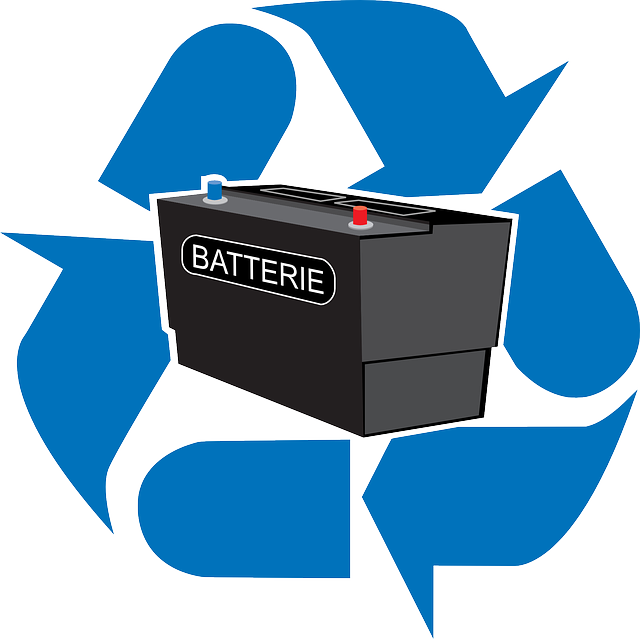
リチウム電池とアルカリ電池の両方の安全性に関する考慮事項が確立されたので、リサイクルのオプションを検討する時期が来ました。これらの電池には、適切に処分しないと危険な化学物質が含まれているため、リサイクルは重要です。ありがたいことに、責任を持ってリサイクルする方法はたくさんあります。
リチウムイオン電池に関しては、認定施設でリサイクルするか、リサイクル業者に委託して出荷する必要があります。これにより、電池に含まれる危険物質が環境に害を与えたり、公衆衛生を危険にさらしたりすることなく、安全に処理されることが保証されます。また、さらなる汚染や健康への悪影響につながる可能性があるため、絶対に焼却しないことも重要です。
一方、アルカリ電池は、廃棄物管理センター、地域の回収場所、小売店、特別収集イベントなどの地域の施設でリサイクルできます。これらの場所では、AA、AAA など、あらゆる種類の使い捨て電池が受け入れられます。消費者は、リサイクル目的で電池を処分する際に、異なる種類の電池を混ぜないように注意する必要があります。混ぜると、リサイクルプロセス中の有効性に影響します。
(9)環境への影響

使用することで環境に与える影響について考えたことはありますか? リチウム電池 電池とアルカリ電池の違いは何でしょうか? 実は、この 2 種類のエネルギー源には多くの違いがあります。地球に対するそれぞれの影響を測定するには、エネルギー消費と二酸化炭素排出量を考慮する必要があります。
リチウム電池ははるかに高いエネルギーを持っている リチウム電池はアルカリ電池よりも密度が高いため、少ない出力で長時間デバイスに電力を供給できます。単位重量あたりの充電量が多いため、ノートパソコンやスマートフォンなどのポータブル電子機器に最適です。さらに、リチウム電池は製造時に排出される温室効果ガスも少ないため、環境にも優しい電池です。
一方、アルカリ電池は、不適切に廃棄された場合、リチウム電池よりも大量の有毒廃棄物を生成し、地下水汚染のリスクが高くなります。さらに、アルカリ電池の製造工程では大量の水と電気が消費されるため、環境への影響がさらに大きくなります。
どちらのタイプのバッテリー技術も、持続可能性に関する懸念に関して明確な利点と欠点があることは明らかです。環境の観点から見ると、リチウムは、排出量が少なく、性能を損なうことなく寿命が長いため、アルカリよりも優れた選択肢として浮上しています。
(10)品質保証の実践
バッテリーの品質保証はあらゆる消費者にとって重要です。 リチウム電池とアルカリ電池 目的のアプリケーションでの有効性を保証するために、さまざまなテスト プロセスがあります。
| 品質保証 | リチウム電池 | アルカリ電池 |
|---|---|---|
| テストプロセス | 耐久性、パフォーマンス、容量のテスト | 安全性、電圧出力試験 |
| 満たされた基準 | UL 1642、IEC 62133 | ANSI/NEDA 15A |
リチウム電池の品質保証慣行に関して言えば、 リチウム電池メーカー UL 1642 や IEC 62133 などの特定の規格に準拠する必要があります。これには、セル内のすべてのコンポーネントが安全要件を満たし、極端な温度などの外部条件に耐えられる十分な耐久性を確保することが含まれます。このプロセスでは、パフォーマンスと容量のテストも実行されます。
一方、アルカリ電池の品質保証には、電流負荷特性や開放電圧などの評価要素を含むANSI/NEDA 15Aで定められた基準を満たすことが求められます。さらに、市場にリリースする前に潜在的なリスクレベルを測定する電圧出力テストを通じて、いくつかの安全対策が講じられています。
どちらのタイプのバッテリーも、市販前にこれらのバッテリー保証慣行に従い、厳格なバッテリーテストプロセスを受けることが不可欠です。その結果、製品がリチウムアルカリの品質基準を満たしているかどうかが決まり、消費者がさまざまな用途で安心して製品を使用できるようになります。
リチウム電池またはアルカリ電池を使用する必要がありますか?
リチウム電池デバイスにさらに適した
「よく言われるように、『成功と失敗は紙一重』ですが、これは次の分野にも当てはまります。 リチウム電池との比較 アルカリ電池。 リチウム電池はより多くの電力を供給します アルカリ電池との比較ですが、どちらのタイプの電池にもはるかに適したデバイスもあります。
あなたを助けること 各バッテリーにどのデバイスが最適かを理解する タイプの場合、一般的な項目のリストは次のとおりです。
- スマートフォン - リチウムイオン
- ラップトップ - リチウムポリマー
- デジタル カメラ - アルカリまたは充電式ニッケル水素
- ポータブルスピーカー - リチウムイオン
- ゲーム機 - 充電式 LiPo (リチウムポリマー)
アルカリ電池により適しています
- おもちゃ
- 時計
- ランタン
- 温度計
- リモコン
- 煙感知器と火災警報器
リチウムやアルカリを使用できる機器
- 懐中電灯
- マイクロフォン
- 2ウェイラジオ
- ベビーモニター
結論
結論として、リチウム電池は一般的にアルカリ電池よりも効率が高く、充電サイクルが長く、幅広い機器で使用できます。アルカリ電池はより優れた機能を提供します 容量 必要な充電サイクルは少なくて済みますが、リチウム電池よりも早く電力を失う傾向があります。
デバイスのバッテリー寿命を最も信頼できるものにしたい場合、どのタイプのバッテリーがすべてのニーズを満たすかについて単一の答えはありません。購入を決定する前に、両方のタイプを慎重に検討する必要があります。最終的に、リチウムとアルカリのどちらを選択するかは、デバイスまたはアプリケーションの特定の要件によって決まります。たとえば、充電せずに長期間使用できるものが必要な場合は、アルカリ性の方が適しているかもしれません。ただし、軽量で持ち運びに便利なものを探している場合は、おそらくリチウムが最適です。
最高のリチウム電池メーカーはどこで見つけられますか?
ハーベイパウ - 中国のトップリチウム電池メーカー、あらゆるエネルギー貯蔵ニーズに最適な、さまざまな先進的なリチウムイオン電池を備えています。当社のバッテリーは、最高の品質、信頼性、パフォーマンスを提供するように設計されており、必要なときに必要な電力を常に確保できます。
住宅用、商業用、または大規模なグリッド規模の用途でエネルギー貯蔵が必要な場合でも、当社のリチウムイオン電池は急速充電機能、長いサイクル寿命、優れたエネルギー密度を提供します。これにより、あらゆるエネルギー貯蔵用途にとって理想的なソリューションとなります。
当社の 68 の専門技術チームが、バッテリーに対するお客様のあらゆるニーズを満たすさまざまなカスタマイズ機能を提供できることは注目に値します。私たちはそれを達成できないことを恐れているわけではありませんが、イノベーションやブレークスルーが起こらないことを恐れています。
さらに、当社の製品には 12 年間の保証が付いているため、お客様に安心感を与え、投資の信頼性と長期にわたる信頼を保証します。
プレミアムについて詳しく見る リチウム電池 メーカー:
